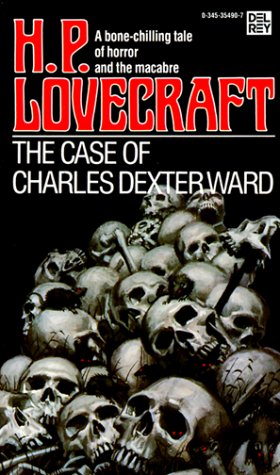tribe wipes out tribe in Rwanda, Nigeria, elsewhere. entire villages are mysteriously decimated in Peru, Algeria, elsewhere. neighbors slaughter neighbors in the former Yugoslavia and elsewhere. in Canada, the residents of the small town of Ravenna decide to massacre the residents of the equally small town of Collingwood. the first victims that we see: a mother caring for her sick child.
why? can there ever really be a reason for such things? a reason that makes sense, a reasonable reason, an explanation for atrocity? it is hard to imagine that reason.
"Andre has a red flag, Chiang Ching's is blue
They all have hills to fly them on except for Lin Tai Yu
Dressing up in costumes, playing silly games
Hiding out in tree-tops shouting out rude names
Whistling tunes we hide in the dunes by the seaside
Whistling tunes we're kissing baboons in the jungle
It's a knockout
If looks could kill they probably will
In games without frontiers - wars without tears
If looks could kill they probably will
In games without frontiers"
They all have hills to fly them on except for Lin Tai Yu
Dressing up in costumes, playing silly games
Hiding out in tree-tops shouting out rude names
Whistling tunes we hide in the dunes by the seaside
Whistling tunes we're kissing baboons in the jungle
It's a knockout
If looks could kill they probably will
In games without frontiers - wars without tears
If looks could kill they probably will
In games without frontiers"
 I've read that this book is supposed to be a commentary on war. I believe it. or rather, I believe Burgess believes it. at some point in the story, the war analogy becomes clear - although not obvious. but when my mind was trying to figure out the Why of it all, that was the first thing that struck me. a metaphor for the randomness, the senselessness of life and death in war. okay.
I've read that this book is supposed to be a commentary on war. I believe it. or rather, I believe Burgess believes it. at some point in the story, the war analogy becomes clear - although not obvious. but when my mind was trying to figure out the Why of it all, that was the first thing that struck me. a metaphor for the randomness, the senselessness of life and death in war. okay.but I'm not buying it. I think the novella is more about Burgess' feelings about the senselessness of certain kinds of lives, the lives of people he scorns, condescends to, holds in contempt.
the author is a very talented writer, there is no doubt of that. he creates these miniature portraits of different individuals, full of a certain kind of nuance, with prose that is by turns sharp and dreamy. and then he slaughters those individuals. every character amounts to a cameo appearance. there are two chapters in particular that stood out for me - both detailing the warped perceptions of the killers from Ravenna - that illustrate how Burgess has talent to burn. mesmerizing prose in those two parts. overall the writing is excellent, from beginning to end.
but here's the thing: don't pretend to be writing some statement on the senseless violence of war when your characters are people you hold at arm's length, small town people that you clearly view as pathetic, people who live lives that you consider worthless. because then you are not making a point about war. you are making a point about you, about how you view the world and the people in it. whether you realize it or not.








